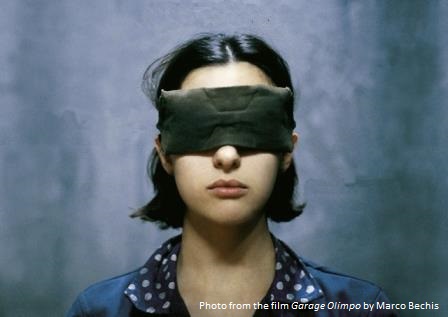Manipulation in Dubbing: The Translation of English-language Films into Persian
DOI:
https://doi.org/10.13130/2035-7680/6858Parole chiave:
Translation, Ideology, Manipulation, Patronage, Film DubbingAbstract
As the result of the decline in linguistic oriented approaches, Translation Studies witnessed a move towards a more descriptive and cultural direction in the 1990s. Accordingly, translation was no longer confined solitary to an isolated linguistic context and the socio-cultural aspects of translation were emphasized. It was during this turn that Andrew Lefevere (1992) set forth the notion of “rewriting” and asserted the pressures that the prevailing cultural environment and the three factors of ideology, poetics and patronage have on translation. This present study looks at the impact of ideology and patronage in dubbing of eight English-language films into Persian. This was carried out through an analysis of the social context of the receptor language and community. In view of the rules and regulations in the area of media distribution, we attempted to trace the reflection of these social laws in the form of manipulative operations in the Persian dubbed version of the films. The analysis of the corpus revealed that manipulation of the source soundtracks occurred when there was a disconformity with the ideology of the prevailing culture and the source soundtracks. The areas of manipulation were assorted into four groups of religion, politics, sexually forbidden content, and profanity. The result of the study confirmed that manipulations were generally in line with the ideology and values which are rooted in the socio-cultural context of the Iranian community. Nonetheless, there were rare exceptions which could be ascribed to the function of dissimilar agencies as cultural innovators. These agencies have apparently attempted to familiarize the receptor community with a new culture by rendering the ideologically taboo content of the source text intact.
Downloads
I dati di download non sono ancora disponibili.
Dowloads
Pubblicato
2016-02-18
Come citare
Kenevisi, Mohammad Sadegh, Hasuria Che Omar, e Ali Jalalian Daghigh. 2016. «Manipulation in Dubbing: The Translation of English-Language Films into Persian». Altre Modernità, febbraio, 201-14. https://doi.org/10.13130/2035-7680/6858.
Fascicolo
Sezione
Saggi Ensayos Essais Essays




